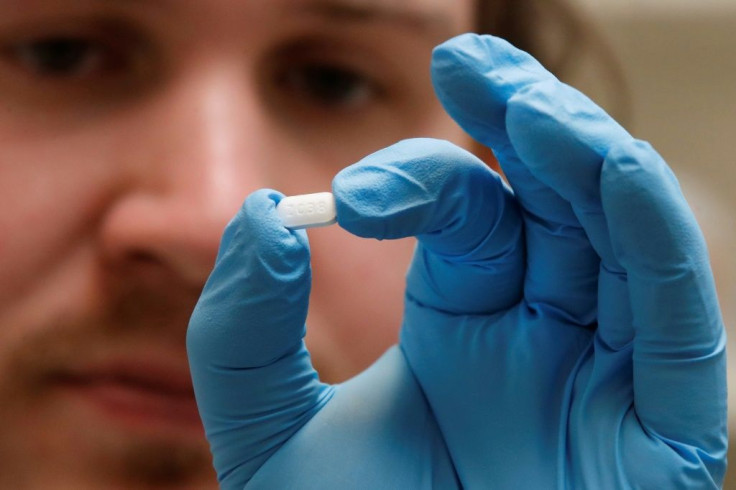Florida Teen Who Died Of COVID-19 Attended Church Gathering And Was Given Hydroxychloroquine

A Florida teenager with several underlying medical conditions tested positive for COVID-19 after attending a huge church function. A medical examiner’s report stated that her parents had given her a dose of hydroxychloroquine after which she passed away.
17-year-old Carsyn Leigh Davis was battling several ailments including cancer and an autoimmune disorder since the age of 2 and was being treated for her health issues ever since, according to the News-Press of Fort Myers.
Carsyn and 100 other kids attended the church event on June 10. But it is unclear where she might have caught the coronavirus infection.
Her mother and her stepdad treated her with azithromycin for the next five days. But on the third day, Carsyn developed symptoms including sinus pressure and a mild cough. Her parents thought it was just a sinus infection.
But a week later, she appeared “gray” during sleep and her mother gave her oxygen via her grandfather’s portable machine alongside a dose of hydroxychloroquine -- an antimalarial drug touted by President Donald Trump for treating COVID-19.
On June 19, the teenager was rushed to the hospital and was then transferred to a pediatric intensive care unit at a different hospital where they diagnosed her with COVID-19.
Since her parents initially didn’t agree for intubation, Carsyn received plasma therapy for the next two days.
And on June 22, since there wasn’t any improvement in her condition, she had to be intubated. The girl was then transferred to Miami-Dade County Hospital where she died, just two days after her 17th birthday.
David passed away after rapid deterioration and the inability to bring up oxygen saturation. Complications of COVID-19 (SARS-CoV-2) pneumonia was listed as the possible cause of her death.
In May, President Donald Trump revealed he was taking hydroxychloroquine even when his own government experts said it wasn’t suitable for fighting COVID-19. He said he was taking a pill alongside zinc supplements every day.
The FDA has also warned the public against taking the anti-malarial drug outside a hospital or clinical setting because of the risks involved. On June 15, the FDA even pulled its emergency authorization of the drug stating that there wasn’t sufficient evidence of its effectiveness. It highlighted that hydroxychloroquine could do more harm than good.
© Copyright IBTimes 2025. All rights reserved.






















